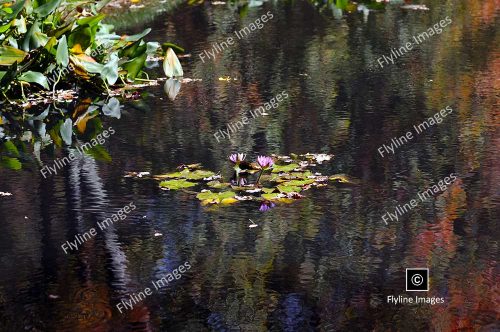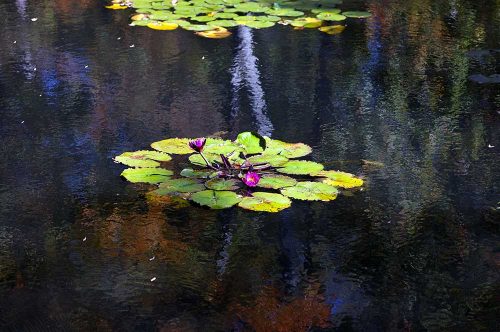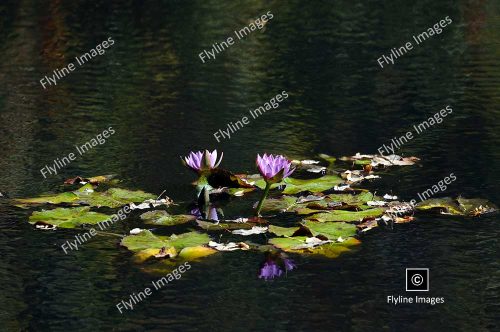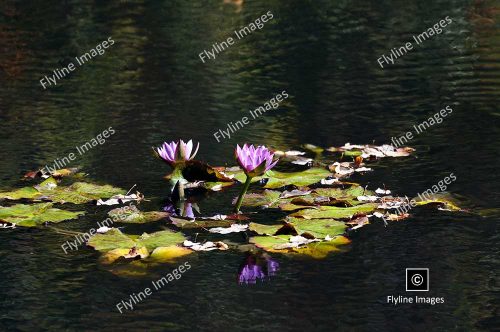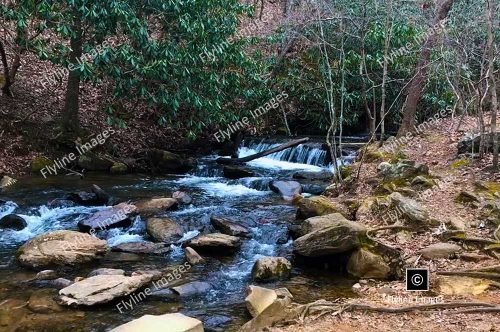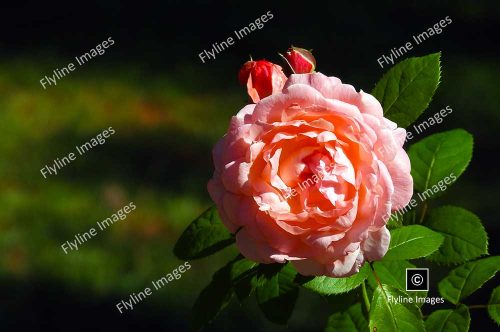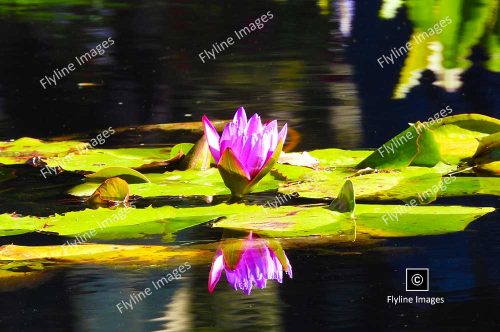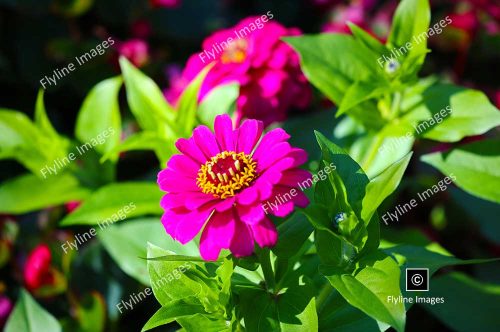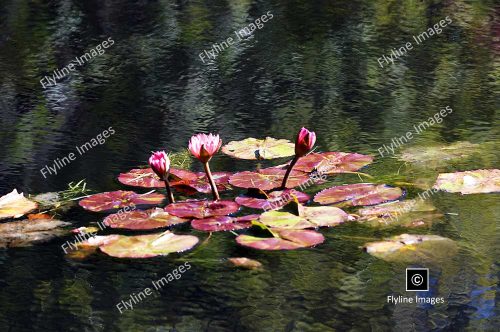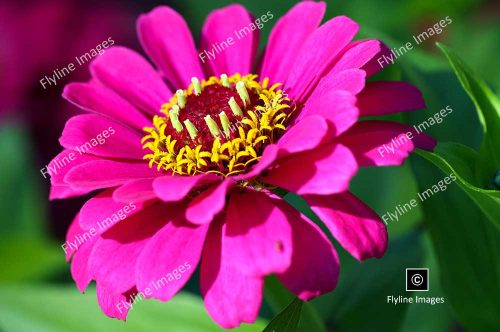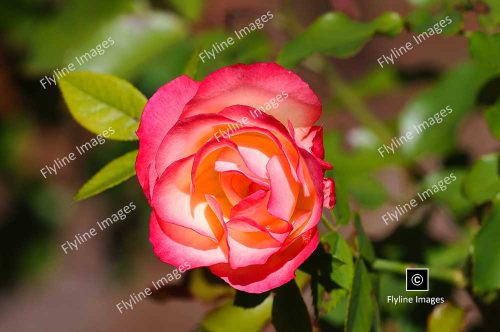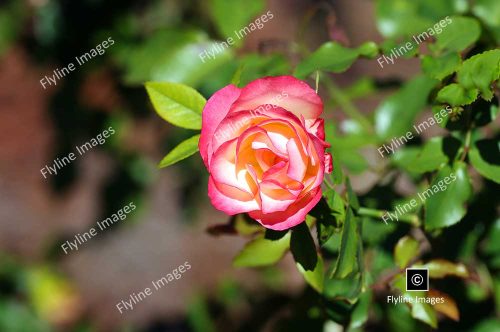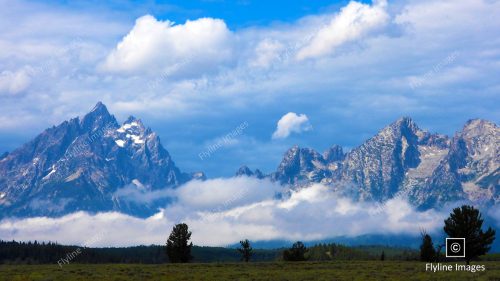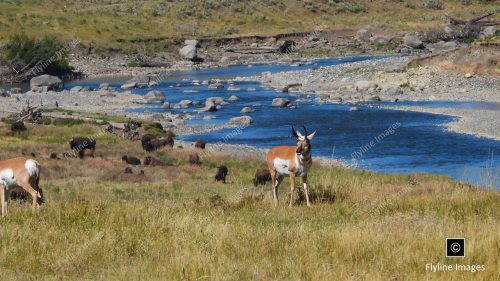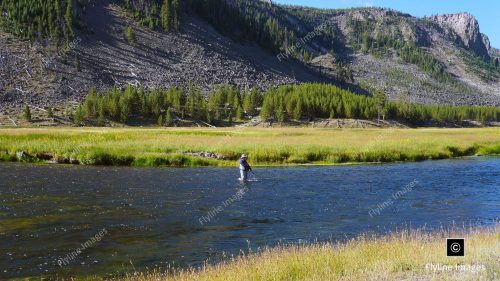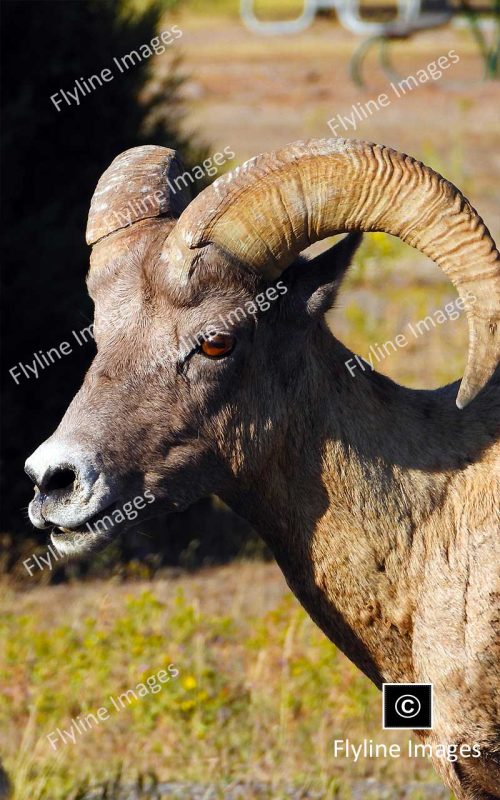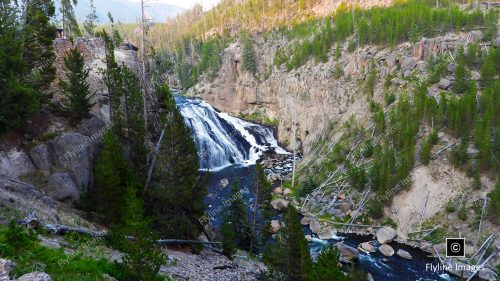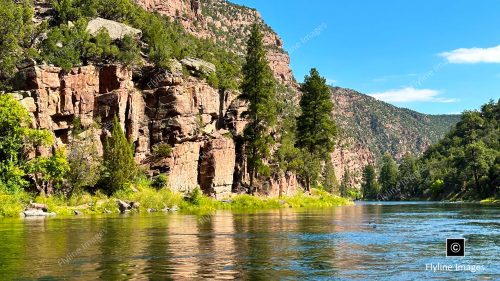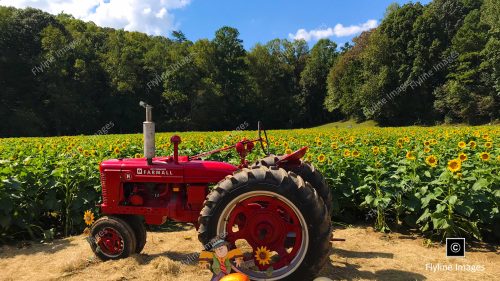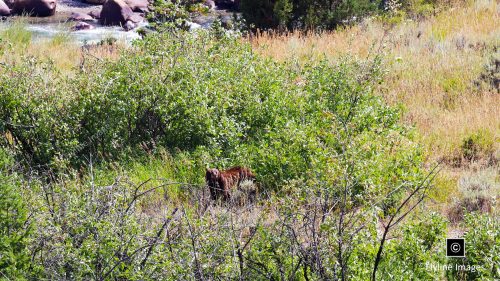-
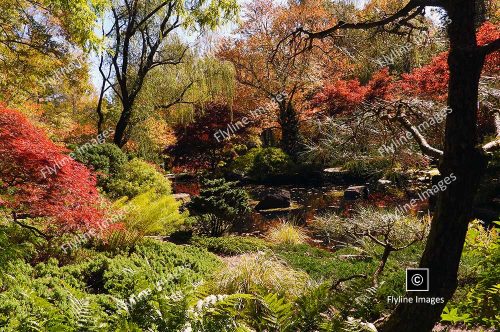 The Japanese Garden at Gibbs Gardens in North Georgia is a serene and picturesque landscape, offering visitors a tranquil escape into nature. Spanning across a generous expanse, this garden is meticulously designed to reflect the essence of traditional Japanese aesthetics. It features winding pathways that guide guests through breathtaking displays of Japanese maples, azaleas, and cherry blossoms.
The Japanese Garden at Gibbs Gardens in North Georgia is a serene and picturesque landscape, offering visitors a tranquil escape into nature. Spanning across a generous expanse, this garden is meticulously designed to reflect the essence of traditional Japanese aesthetics. It features winding pathways that guide guests through breathtaking displays of Japanese maples, azaleas, and cherry blossoms. -
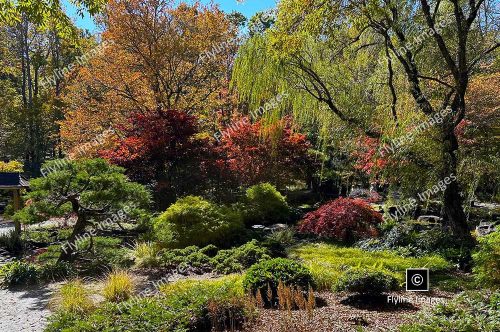 Gibbs Gardens, nestled in the picturesque foothills of the North Georgia Mountains, attracts a multitude of visitors each year due to its breathtaking natural beauty and meticulously curated landscapes. Spanning over 300 acres, the gardens feature a variety of stunning floral displays, from vibrant daffodils in the spring to soft pastels of hydrangeas in the summer, creating a dynamic and ever-changing vista throughout the seasons.
Gibbs Gardens, nestled in the picturesque foothills of the North Georgia Mountains, attracts a multitude of visitors each year due to its breathtaking natural beauty and meticulously curated landscapes. Spanning over 300 acres, the gardens feature a variety of stunning floral displays, from vibrant daffodils in the spring to soft pastels of hydrangeas in the summer, creating a dynamic and ever-changing vista throughout the seasons. -
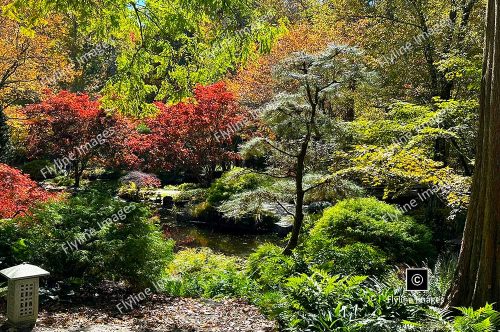 Gibbs Gardens, nestled in the picturesque foothills of the North Georgia Mountains, attracts a multitude of visitors each year due to its breathtaking natural beauty and meticulously curated landscapes. Spanning over 300 acres, the gardens feature a variety of stunning floral displays, from vibrant daffodils in the spring to soft pastels of hydrangeas in the summer, creating a dynamic and ever-changing vista throughout the seasons.
Gibbs Gardens, nestled in the picturesque foothills of the North Georgia Mountains, attracts a multitude of visitors each year due to its breathtaking natural beauty and meticulously curated landscapes. Spanning over 300 acres, the gardens feature a variety of stunning floral displays, from vibrant daffodils in the spring to soft pastels of hydrangeas in the summer, creating a dynamic and ever-changing vista throughout the seasons. -
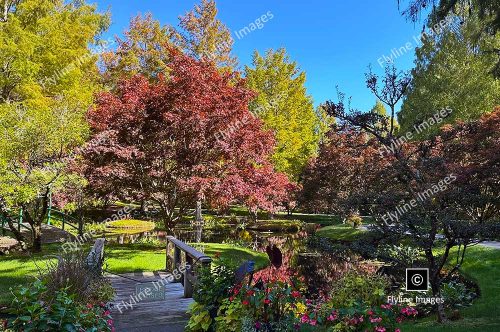 Gibbs Gardens, nestled in the picturesque foothills of the North Georgia Mountains, attracts a multitude of visitors each year due to its breathtaking natural beauty and meticulously curated landscapes. Spanning over 300 acres, the gardens feature a variety of stunning floral displays, from vibrant daffodils in the spring to soft pastels of hydrangeas in the summer, creating a dynamic and ever-changing vista throughout the seasons.
Gibbs Gardens, nestled in the picturesque foothills of the North Georgia Mountains, attracts a multitude of visitors each year due to its breathtaking natural beauty and meticulously curated landscapes. Spanning over 300 acres, the gardens feature a variety of stunning floral displays, from vibrant daffodils in the spring to soft pastels of hydrangeas in the summer, creating a dynamic and ever-changing vista throughout the seasons. -
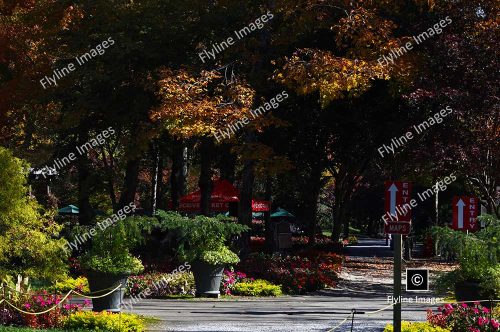 Gibbs Gardens, nestled in the picturesque foothills of the North Georgia Mountains, attracts a multitude of visitors each year due to its breathtaking natural beauty and meticulously curated landscapes. Spanning over 300 acres, the gardens feature a variety of stunning floral displays, from vibrant daffodils in the spring to soft pastels of hydrangeas in the summer, creating a dynamic and ever-changing vista throughout the seasons.
Gibbs Gardens, nestled in the picturesque foothills of the North Georgia Mountains, attracts a multitude of visitors each year due to its breathtaking natural beauty and meticulously curated landscapes. Spanning over 300 acres, the gardens feature a variety of stunning floral displays, from vibrant daffodils in the spring to soft pastels of hydrangeas in the summer, creating a dynamic and ever-changing vista throughout the seasons. -
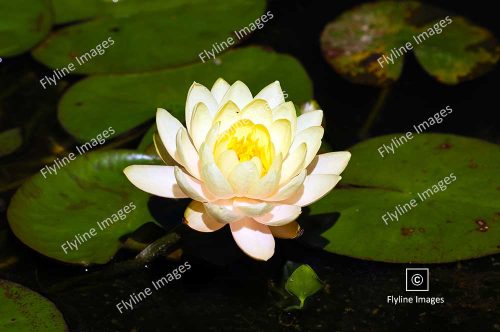 The American White Water Lily, scientifically known as Nymphaea odorata, is a stunning aquatic plant that captivates admirers with its beauty and grace. These lilies are characterized by their broad, glossy green leaves and striking white flowers that float elegantly on the surface of ponds and slow-moving waters.
The American White Water Lily, scientifically known as Nymphaea odorata, is a stunning aquatic plant that captivates admirers with its beauty and grace. These lilies are characterized by their broad, glossy green leaves and striking white flowers that float elegantly on the surface of ponds and slow-moving waters. -
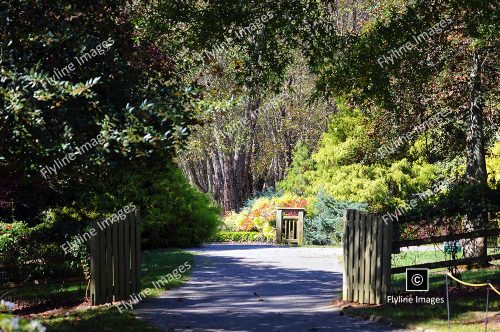 Gibbs Gardens, nestled in the picturesque foothills of the North Georgia Mountains, attracts a multitude of visitors each year due to its breathtaking natural beauty and meticulously curated landscapes. Spanning over 300 acres, the gardens feature a variety of stunning floral displays, from vibrant daffodils in the spring to soft pastels of hydrangeas in the summer, creating a dynamic and ever-changing vista throughout the seasons.
Gibbs Gardens, nestled in the picturesque foothills of the North Georgia Mountains, attracts a multitude of visitors each year due to its breathtaking natural beauty and meticulously curated landscapes. Spanning over 300 acres, the gardens feature a variety of stunning floral displays, from vibrant daffodils in the spring to soft pastels of hydrangeas in the summer, creating a dynamic and ever-changing vista throughout the seasons. -
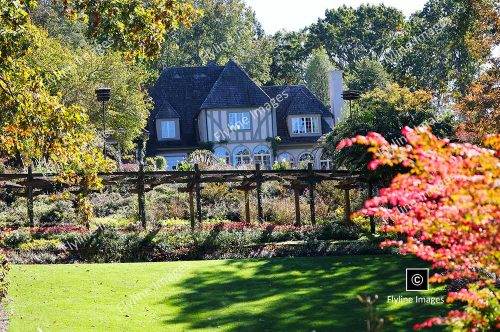 The Manor House at Gibbs Gardens is a standout attraction, drawing visitors with its elegant architecture and its seamless integration into the surrounding natural beauty. Perched on a hillside, the Manor House offers breathtaking views of the meticulously tended gardens, featuring a diverse array of seasonal blooms and lush landscapes that span across Gibbs Gardens.
The Manor House at Gibbs Gardens is a standout attraction, drawing visitors with its elegant architecture and its seamless integration into the surrounding natural beauty. Perched on a hillside, the Manor House offers breathtaking views of the meticulously tended gardens, featuring a diverse array of seasonal blooms and lush landscapes that span across Gibbs Gardens. -
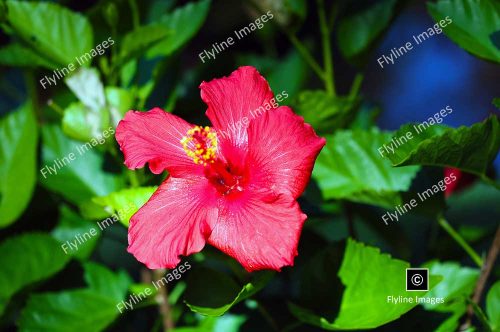 The Chinese hibiscus, known for its vibrant and large blossoms, is a stunning flower that captivates garden enthusiasts and casual observers alike. This tropical plant features showy blooms in a variety of colors including red, pink, yellow, and white, which make it a popular choice for ornamental gardening.
The Chinese hibiscus, known for its vibrant and large blossoms, is a stunning flower that captivates garden enthusiasts and casual observers alike. This tropical plant features showy blooms in a variety of colors including red, pink, yellow, and white, which make it a popular choice for ornamental gardening. -
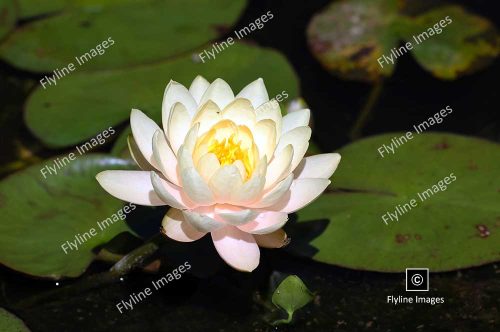 The American White Water Lily, scientifically known as Nymphaea odorata, is a stunning aquatic plant that captivates admirers with its beauty and grace. These lilies are characterized by their broad, glossy green leaves and striking white flowers that float elegantly on the surface of ponds and slow-moving waters.
The American White Water Lily, scientifically known as Nymphaea odorata, is a stunning aquatic plant that captivates admirers with its beauty and grace. These lilies are characterized by their broad, glossy green leaves and striking white flowers that float elegantly on the surface of ponds and slow-moving waters. -
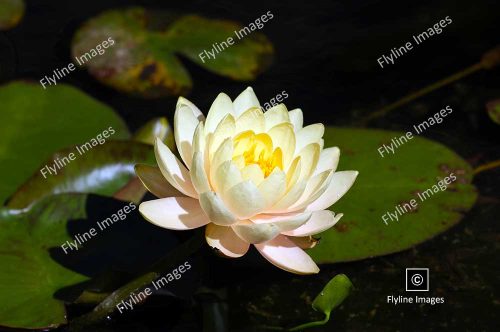 The American White Water Lily, scientifically known as Nymphaea odorata, is a stunning aquatic plant that captivates admirers with its beauty and grace. These lilies are characterized by their broad, glossy green leaves and striking white flowers that float elegantly on the surface of ponds and slow-moving waters.
The American White Water Lily, scientifically known as Nymphaea odorata, is a stunning aquatic plant that captivates admirers with its beauty and grace. These lilies are characterized by their broad, glossy green leaves and striking white flowers that float elegantly on the surface of ponds and slow-moving waters. -
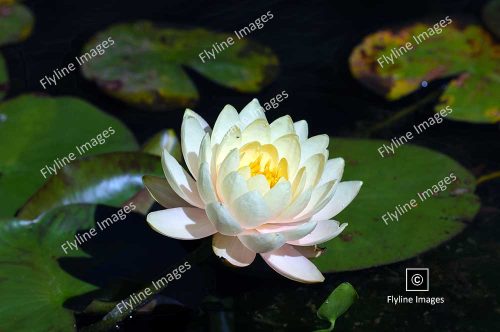 The American White Water Lily, scientifically known as Nymphaea odorata, is a stunning aquatic plant that captivates admirers with its beauty and grace. These lilies are characterized by their broad, glossy green leaves and striking white flowers that float elegantly on the surface of ponds and slow-moving waters.
The American White Water Lily, scientifically known as Nymphaea odorata, is a stunning aquatic plant that captivates admirers with its beauty and grace. These lilies are characterized by their broad, glossy green leaves and striking white flowers that float elegantly on the surface of ponds and slow-moving waters. -
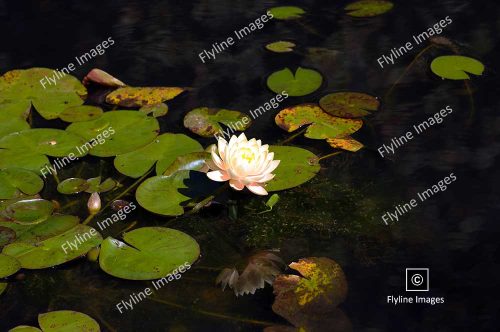 The American White Water Lily, scientifically known as Nymphaea odorata, is a stunning aquatic plant that captivates admirers with its beauty and grace. These lilies are characterized by their broad, glossy green leaves and striking white flowers that float elegantly on the surface of ponds and slow-moving waters.
The American White Water Lily, scientifically known as Nymphaea odorata, is a stunning aquatic plant that captivates admirers with its beauty and grace. These lilies are characterized by their broad, glossy green leaves and striking white flowers that float elegantly on the surface of ponds and slow-moving waters. -
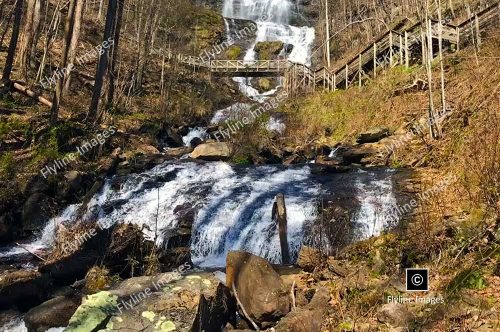 The Amicalola River headwaters originate in the serene landscape of North Georgia and flow gracefully through Amicalola Falls State Park. This pristine waterway is a vital part of the park's ecosystem, providing a rich habitat for local flora and fauna. The river flows down the magnificent Amicalola Falls in the park.
The Amicalola River headwaters originate in the serene landscape of North Georgia and flow gracefully through Amicalola Falls State Park. This pristine waterway is a vital part of the park's ecosystem, providing a rich habitat for local flora and fauna. The river flows down the magnificent Amicalola Falls in the park. -
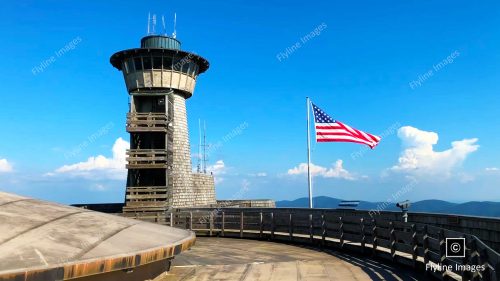 Brasstown Bald, the highest peak in Georgia, stands at 4,784 feet above sea level and offers breathtaking panoramic views that are a true spectacle for visitors. Nestled in the Chattahoochee-Oconee National Forest, it provides a unique vantage point where the sweeping vistas of surrounding mountains and valleys can be admired.
Brasstown Bald, the highest peak in Georgia, stands at 4,784 feet above sea level and offers breathtaking panoramic views that are a true spectacle for visitors. Nestled in the Chattahoochee-Oconee National Forest, it provides a unique vantage point where the sweeping vistas of surrounding mountains and valleys can be admired. -
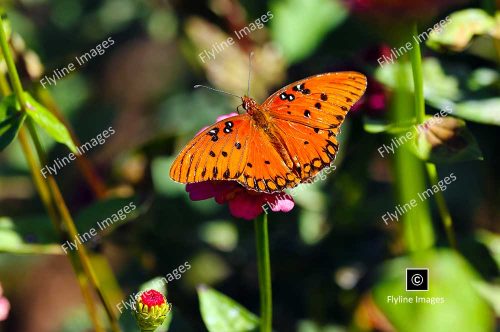 Each year, the monarch butterflies embark on an awe-inspiring migratory journey that spans thousands of miles from Canada to Mexico, with a significant path passing through Georgia. During this incredible migration, one of their pit stops is at Gibbs Gardens, a beautiful location where these vibrant creatures can be observed fluttering among the blooms.
Each year, the monarch butterflies embark on an awe-inspiring migratory journey that spans thousands of miles from Canada to Mexico, with a significant path passing through Georgia. During this incredible migration, one of their pit stops is at Gibbs Gardens, a beautiful location where these vibrant creatures can be observed fluttering among the blooms. -
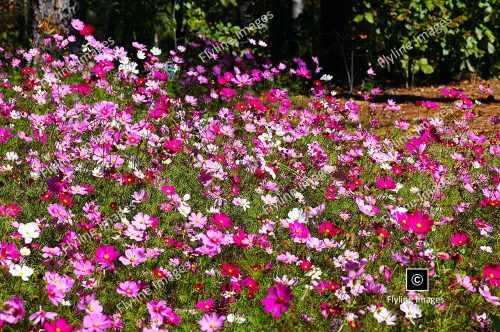 Gibbs Gardens, located in the picturesque region of North Georgia, offers a stunning display of Garden Cosmos wildflowers each Summer and Fall. These vibrant and delicate wildflowers create a sea of color that captivates all who visit. Known for their daisy-like blooms, Garden Cosmos come in an array of hues, including pink, white, and magenta, dancing in the gentle breeze atop slender stems.
Gibbs Gardens, located in the picturesque region of North Georgia, offers a stunning display of Garden Cosmos wildflowers each Summer and Fall. These vibrant and delicate wildflowers create a sea of color that captivates all who visit. Known for their daisy-like blooms, Garden Cosmos come in an array of hues, including pink, white, and magenta, dancing in the gentle breeze atop slender stems. -
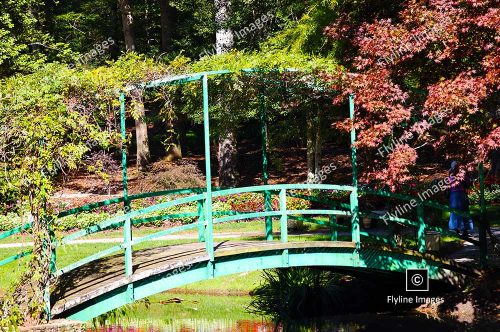 Gibbs Gardens, nestled in the picturesque foothills of the North Georgia Mountains, attracts a multitude of visitors each year due to its breathtaking natural beauty and meticulously curated landscapes. Spanning over 300 acres, the gardens feature a variety of stunning floral displays, from vibrant daffodils in the spring to soft pastels of hydrangeas in the summer, creating a dynamic and ever-changing vista throughout the seasons.
Gibbs Gardens, nestled in the picturesque foothills of the North Georgia Mountains, attracts a multitude of visitors each year due to its breathtaking natural beauty and meticulously curated landscapes. Spanning over 300 acres, the gardens feature a variety of stunning floral displays, from vibrant daffodils in the spring to soft pastels of hydrangeas in the summer, creating a dynamic and ever-changing vista throughout the seasons. -
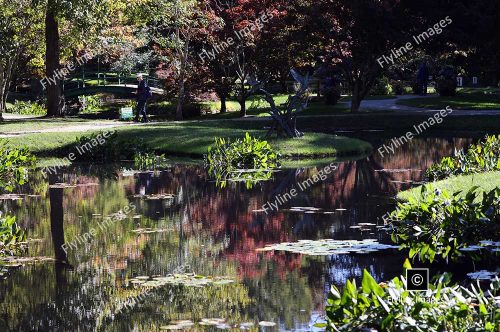 Gibbs Gardens, nestled in the picturesque foothills of the North Georgia Mountains, attracts a multitude of visitors each year due to its breathtaking natural beauty and meticulously curated landscapes. Spanning over 300 acres, the gardens feature a variety of stunning floral displays, from vibrant daffodils in the spring to soft pastels of hydrangeas in the summer, creating a dynamic and ever-changing vista throughout the seasons.
Gibbs Gardens, nestled in the picturesque foothills of the North Georgia Mountains, attracts a multitude of visitors each year due to its breathtaking natural beauty and meticulously curated landscapes. Spanning over 300 acres, the gardens feature a variety of stunning floral displays, from vibrant daffodils in the spring to soft pastels of hydrangeas in the summer, creating a dynamic and ever-changing vista throughout the seasons. -
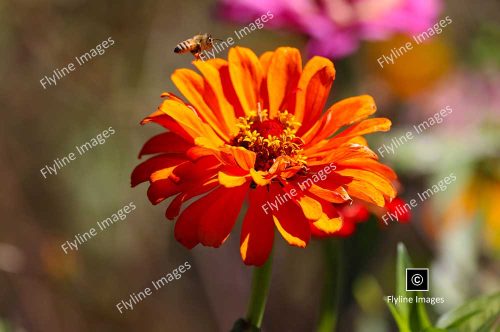 In the serene setting of Gibbs Gardens in North Georgia, the vibrant orange Zinnias stand out as a delightful spectacle. These flowers, known for their daisy-like blooms and rich, warm hues, create a stunning visual display that captivates visitors and wildlife alike. Honey bees are particularly fond of these Zinnias due to their open, accessible structure, which makes it easy for the bees to gather nectar and pollen.
In the serene setting of Gibbs Gardens in North Georgia, the vibrant orange Zinnias stand out as a delightful spectacle. These flowers, known for their daisy-like blooms and rich, warm hues, create a stunning visual display that captivates visitors and wildlife alike. Honey bees are particularly fond of these Zinnias due to their open, accessible structure, which makes it easy for the bees to gather nectar and pollen. -
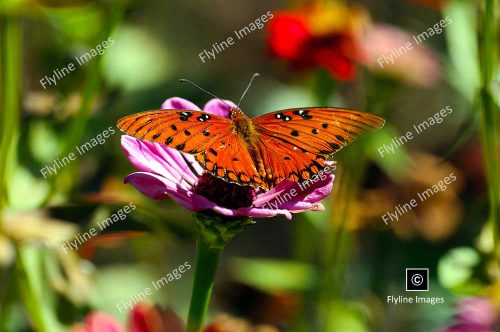 Each year, the monarch butterflies embark on an awe-inspiring migratory journey that spans thousands of miles from Canada to Mexico, with a significant path passing through Georgia. During this incredible migration, one of their pit stops is at Gibbs Gardens, a beautiful location where these vibrant creatures can be observed fluttering among the blooms.
Each year, the monarch butterflies embark on an awe-inspiring migratory journey that spans thousands of miles from Canada to Mexico, with a significant path passing through Georgia. During this incredible migration, one of their pit stops is at Gibbs Gardens, a beautiful location where these vibrant creatures can be observed fluttering among the blooms. -
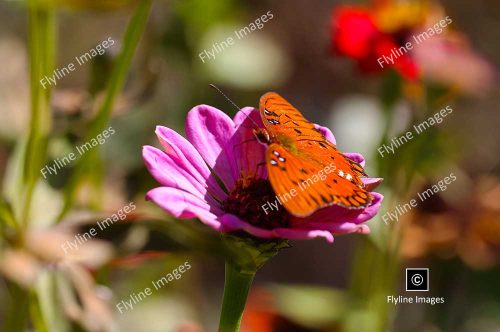 Each year, the monarch butterflies embark on an awe-inspiring migratory journey that spans thousands of miles from Canada to Mexico, with a significant path passing through Georgia. During this incredible migration, one of their pit stops is at Gibbs Gardens, a beautiful location where these vibrant creatures can be observed fluttering among the blooms.
Each year, the monarch butterflies embark on an awe-inspiring migratory journey that spans thousands of miles from Canada to Mexico, with a significant path passing through Georgia. During this incredible migration, one of their pit stops is at Gibbs Gardens, a beautiful location where these vibrant creatures can be observed fluttering among the blooms. -
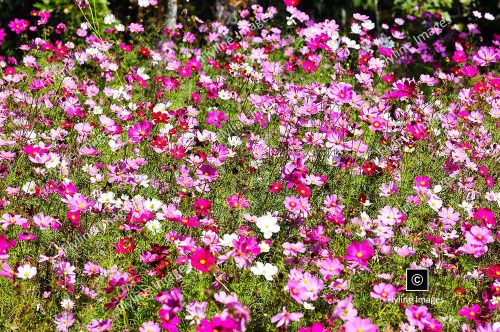 Gibbs Gardens, located in the picturesque region of North Georgia, offers a stunning display of Garden Cosmos wildflowers each Summer and Fall. These vibrant and delicate wildflowers create a sea of color that captivates all who visit. Known for their daisy-like blooms, Garden Cosmos come in an array of hues, including pink, white, and magenta, dancing in the gentle breeze atop slender stems.
Gibbs Gardens, located in the picturesque region of North Georgia, offers a stunning display of Garden Cosmos wildflowers each Summer and Fall. These vibrant and delicate wildflowers create a sea of color that captivates all who visit. Known for their daisy-like blooms, Garden Cosmos come in an array of hues, including pink, white, and magenta, dancing in the gentle breeze atop slender stems. -
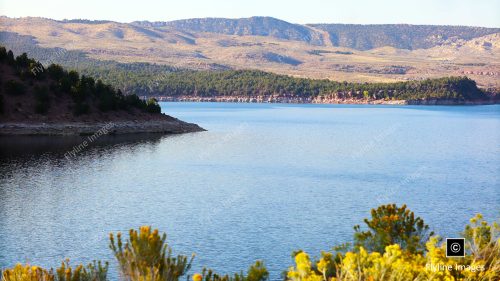 The Flaming Gorge Reservoir, located in the northeastern part of Utah and extending into Wyoming, is a stunning body of water created by the Flaming Gorge Dam. The dam, completed in 1964, stands at an impressive height of 502 feet on the Green River, and its primary purpose is hydroelectric power generation, flood control, and irrigation.
The Flaming Gorge Reservoir, located in the northeastern part of Utah and extending into Wyoming, is a stunning body of water created by the Flaming Gorge Dam. The dam, completed in 1964, stands at an impressive height of 502 feet on the Green River, and its primary purpose is hydroelectric power generation, flood control, and irrigation. -
 Copperhead snakes, known scientifically as Agkistrodon contortrix, are a common sight in the North Georgia mountains. These snakes are highly adaptable, thriving in various habitats such as forests, rocky areas, and even suburban locations. Their prevalence in these mountainous regions is largely due to the abundant cover and food sources available in the varied landscape.
Copperhead snakes, known scientifically as Agkistrodon contortrix, are a common sight in the North Georgia mountains. These snakes are highly adaptable, thriving in various habitats such as forests, rocky areas, and even suburban locations. Their prevalence in these mountainous regions is largely due to the abundant cover and food sources available in the varied landscape. -
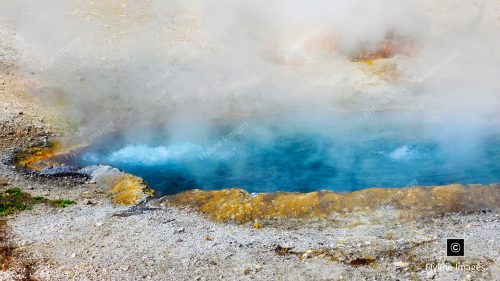 Beryl Hot Spring, located in the iconic Yellowstone National Park, is a fascinating geothermal feature renowned for its vibrant colors and intense heat. This remarkable hot spring is characterized by striking blue and green hues, which result from the interaction of sunlight with the spring’s mineral-rich waters and thermophilic microorganisms that thrive in high-temperature environments.
Beryl Hot Spring, located in the iconic Yellowstone National Park, is a fascinating geothermal feature renowned for its vibrant colors and intense heat. This remarkable hot spring is characterized by striking blue and green hues, which result from the interaction of sunlight with the spring’s mineral-rich waters and thermophilic microorganisms that thrive in high-temperature environments. -
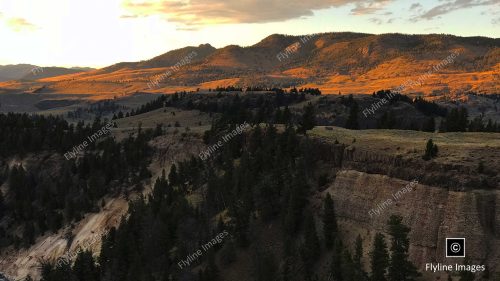 Sunsets in Yellowstone National Park are incredibly beautiful due to the park's diverse landscapes and unique atmospheric conditions. As the sun descends, it paints the sky in brilliant hues of orange, pink, and purple, casting a breathtaking glow over the park's rugged mountains, expansive valleys, and serene lakes.
Sunsets in Yellowstone National Park are incredibly beautiful due to the park's diverse landscapes and unique atmospheric conditions. As the sun descends, it paints the sky in brilliant hues of orange, pink, and purple, casting a breathtaking glow over the park's rugged mountains, expansive valleys, and serene lakes. -
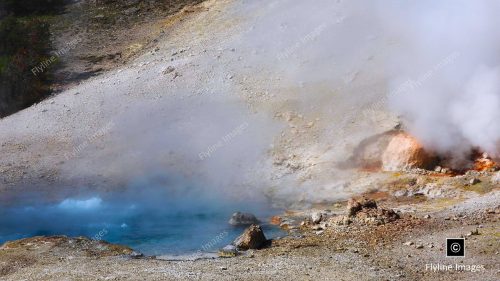 Beryl Hot Spring, located in the iconic Yellowstone National Park, is a fascinating geothermal feature renowned for its vibrant colors and intense heat. This remarkable hot spring is characterized by striking blue and green hues, which result from the interaction of sunlight with the spring’s mineral-rich waters and thermophilic microorganisms that thrive in high-temperature environments.
Beryl Hot Spring, located in the iconic Yellowstone National Park, is a fascinating geothermal feature renowned for its vibrant colors and intense heat. This remarkable hot spring is characterized by striking blue and green hues, which result from the interaction of sunlight with the spring’s mineral-rich waters and thermophilic microorganisms that thrive in high-temperature environments.


